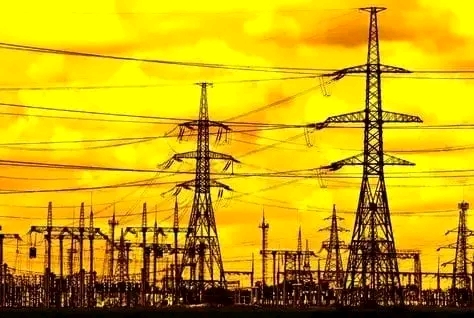National electricity grid has collapsed on Saturday, leading to a nationwide blackout.
Data obtained from the Nigerian system operator’s portal showed that the grid recorded zero megawatts (MW) as of Saturday morning.
The system failure at the national grid is the third time within a week.
However, the national grid has collapsed eight times in 2024, with the first recorded on February 4.
The national grid collapsed again on March 28, April 15, July 6, and August 5.
Also, Nigerians experienced another blackout on October 14, and October 15.
On May 1, the Transmission Company of Nigeria (TCN) said the number of system collapses had reduced significantly in the country.
According to Ndidi Mbah, TCN’s spokesperson, the grid disturbances declined by 76.47 percent in five years.
Addressing the situation, Adebayo Adelabu, minister of power, said the frequent system failure at the national grid is inevitable due to the outdated infrastructure.
Adelabu said more investment in power infrastructure will prevent future collapses.
The minister also advocated decentralising the power sector, saying that multiple grids within regions and states will ensure that power failure in one area does not affect the entire nation.
He said the country relies on a single national grid, so if there is a disturbance at the national grid, it affects all 36 states.
Speaking further, Adelabu said the Electricity Act has decentralised power, adding that it has enabled all the state government and the local government, to be able to participate in the generation, transmission, and distribution of electricity.






























